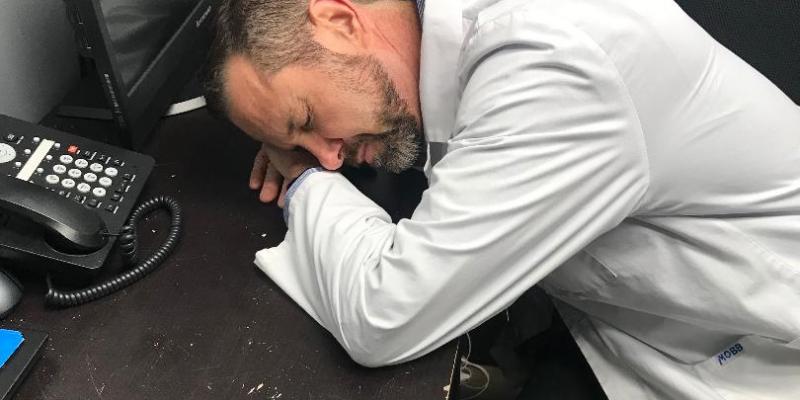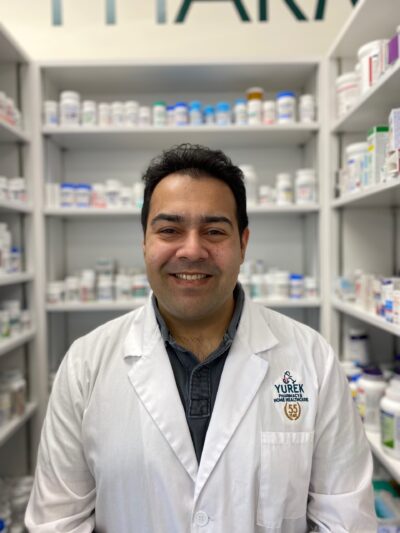Information You Should Sleep On
By: Steve Bond, BScPhm, RPh, CDE, FASCP
Lack of adequate sleep is becoming a global epidemic. One in three Canadians deals with sleeplessness and one in ten suffers from chronic insomnia. In 2010, pharmacists across Canada filled seven million prescriptions for sleeping pills, amounting to $162 million in sales. (That does not even count the amount spent on herbal and over-the-counter treatments) Lack of sleep can affect our performance at work or school, our relationships with family and friends and even our health. Sleep is often seen by many of us to be a luxury and when we are short on time or stressed, we often sacrifice a good night’s sleep.
Multiple studies have examined the relationship between sleep and health. A 2010 study in the Archives of Internal Medicine found that people who slept less than eight hours per night were three times as likely to catch a common cold as their well-rested counterparts. Similarly, an article in the Journal of Psychiatry found that sleep deprived individuals had decreased cognitive functioning (which gives credence to my grandmother’s saying that early to bed and early to rise would make me healthy and wise). More recently, Hong Kong researchers examined the effect of sleep deprivation on DNA and our ability to repair it. Breakdown in DNA can lead to chronic diseases and affect our ability to fight disease. They found that those working the night shift had more damage to DNA and impaired ability to repair it.
So, how do we improve sleep? Here are some suggestions to improve our sleep habits or ‘sleep hygiene’:
- Maintain a regular sleep routine.
-
- maintain a sleep/wake cycle that varies by no more than 20 minutes.
- Avoid naps if possible.
-
- Naps lead to decreased sleep at bed and can lead to fragmented sleep.
- Do not stay in bed awake for more than 5-10 minutes.
-
- Get up and sit in a chair. Avoid stimulation like internet or TV.
- Do not watch TV or read in bed.
-
- TV and reading are “awake” activities and bed should be sleep.
- Drink caffeinated drinks with caution
-
- Coffee, tea, and other beverages with caffeine can be stimulating.
- Avoid inappropriate substances that interfere with sleep.
-
- Alcohol, smoking and over the counter medications
- Exercise regularly
-
- Daily exercise before 2pm is best. Avoid vigorous exercise before bed.
- Have a comfortable pre-bedtime routine.
-
- A warm bath, shower or meditation prepares the body for sleep.
In some instances, your prescriber may offer a prescription for sleeping pills, but this should be for occasional use and short term. Chronic long term use can make the medications not work as well and can lead to side effects and increased risk of falling. Getting to the cause of sleeplessness in the key to getting a better night’s sleep. Take care of yourselves and each other.








